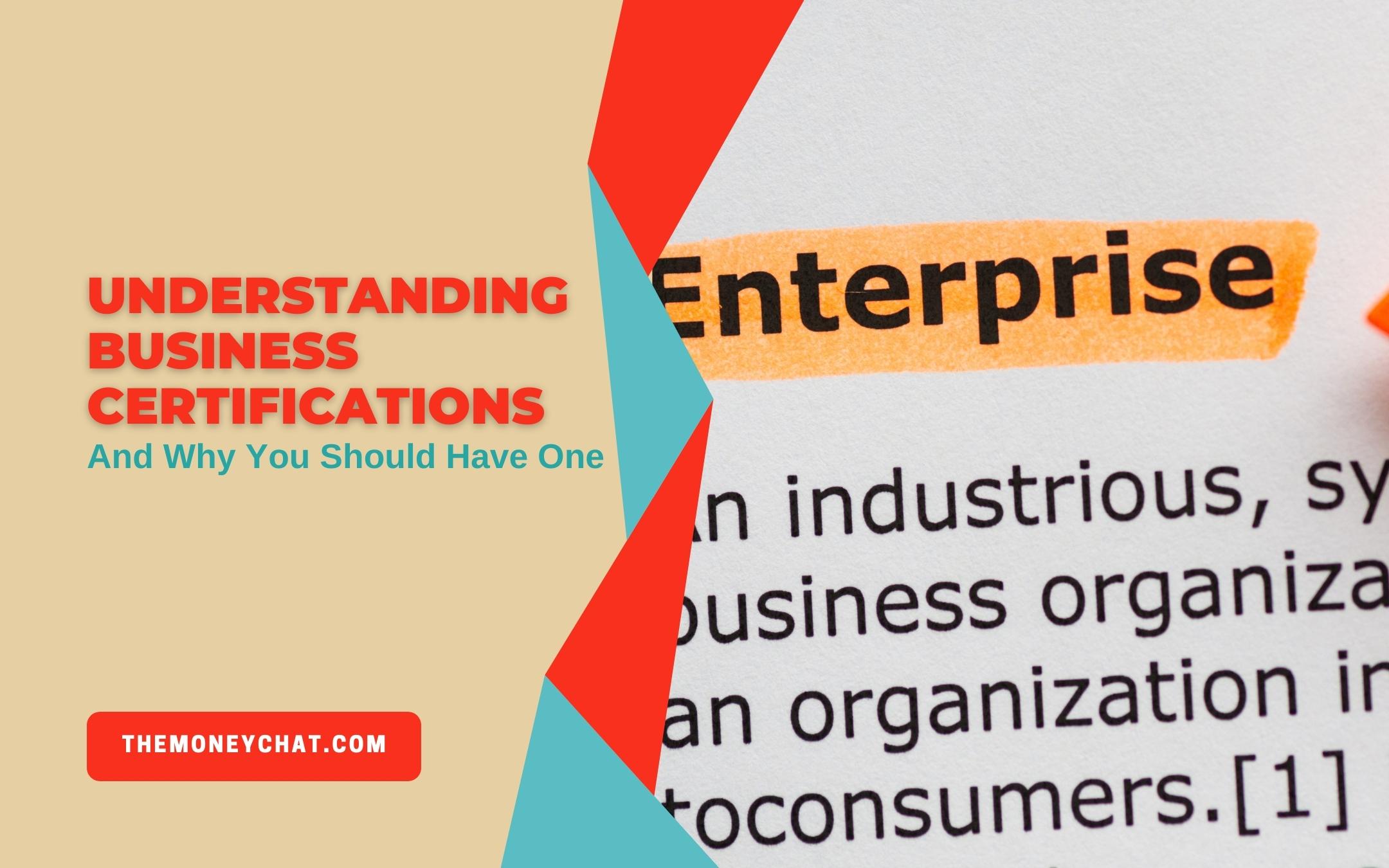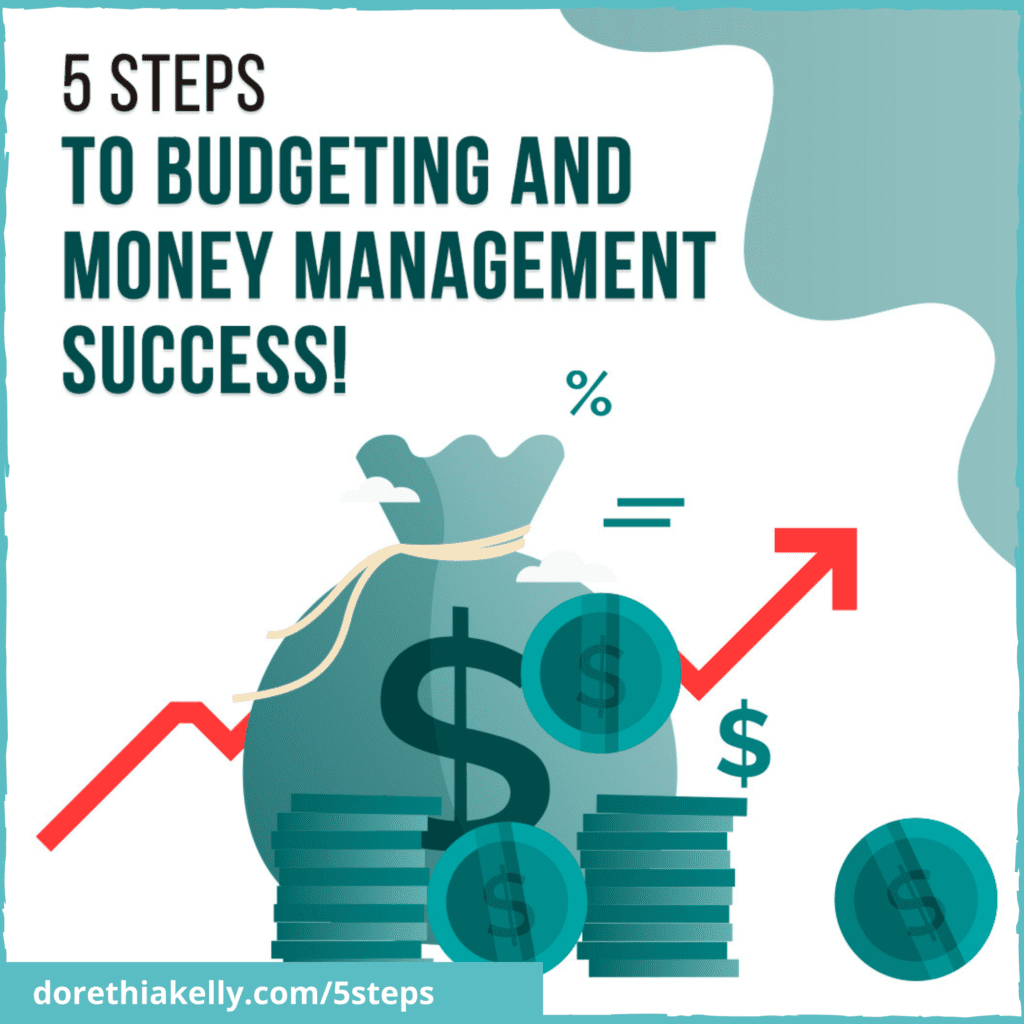It is not enough to have the courage, passion, and resolve to start a business because success requires a bit more. You need to be equipped with the right tools and credibility. This is where a business certification might come in handy.
If you’re thinking about getting a business certification or need to learn more to see if it’s great for you, just keep reading.
While there may be a certification you’re interested in, each one has its own requirements and guidelines.
WBE Certification vs. MBE Certification
The most common certifications include Women Business Enterprise (WBE) and Minority Business Enterprise (MBE). The Small Business Administration (SBA) approves these two certifications.
While the WBE certification is meant to show that the business is owned and operated by a woman, the MBE certification is for businesses owned by minority groups. WBE is given to businesses with at least 51 percent shareholding by women. The MBE, on the other hand, shows that the businesses have more than 51 percent of the shares owned by minority groups such as Native American, Latino, Asian, or African American.
Other Certifications to Consider
Another certification you may or may not have heard of is a B Corp Certification. For-profit companies must meet certain strict standards for social and environmental performance, accountability, and transparency.
This certification provides prestige and can communicate to customers or clients that your for-profit business has taken the time and made the effort to become socially and environmentally responsible.
You might want to consider getting the Veteran Owned Small Business (VOSB) certification or the Service Disabled Veteran Owned Small Business (SDVOSB) certification if you’re a veteran.
If you operate your small business out of your home or another location that you’re able to make structural or interior updates to, you may qualify for the Leadership in Energy and Environmental Design (LEED) Certification which can provide tax credits, fee waivers, and grants.
What Are The Benefits Of Business Certifications?
Getting certified can actually grow your business! You should, however, be careful not to expect leads to start rolling in immediately after certification. You will have to meet certain prerequisites and look for contracts, requests for proposals (RFPs), and network to find leads.
To spread the word, you definitely want to make sure you place your designation on your literature, websites, and social media so that everyone knows you are certified.
Here are some key benefits of having a business certification:
- Setting you apart. If you are in a very competitive market, you have to find a way to set yourself apart from the rest while still maintaining the integrity of your business. Of course, you can distinguish yourself through the services and prices you offer, but certification can help land larger contracts for service or product based businesses.
- Landing new business opportunities. With the proper certification, you can take advantage of the supplier diversity programs by the major Fortune 500 companies. Some government companies and private companies need to award a certain number of contracts to certified businesses, so they may already be looking to work with you. That will give you a competitive advantage when it comes to winning contracts offered under these programs.
- Linking you to more resources. Being a certified business means you have access to more resources, additional education, and even mentorship opportunities. Some certification programs offer seminars and workshops.
Are There Any Annual Revenue Requirements For a Certification?
No. However, you’ll need to submit these documents for certification:
- The business history
- Certificate of incorporation
- Articles of incorporation
- Stock ledger and stock certifications
- Minutes from meetings of the Board of Directors as well as shareholders
- Attested and executed bylaws and any applicable amendments
- Agreements concerning the ownership, control, and operations of the business
- Business cards with the applicable corporate titles, resume copies, driver’s license copies, and US birth certificate or passport for all the principals.
- The business bank resolution agreements together with the bank signatures.
- Business lease agreements or security deeds for home-based businesses
- Evidence of bonding and general liability insurance
- Copies of business checks canceled by the business
For More Information
Think getting business certification sounds like it may be a good decision for your business? Before you start the certification process, go to the SBA’s website to learn more about what you’ll need and how the application process works.
Have you ever thought about getting a business certification or do you already have one? Let us know in the comments!












0 Comments